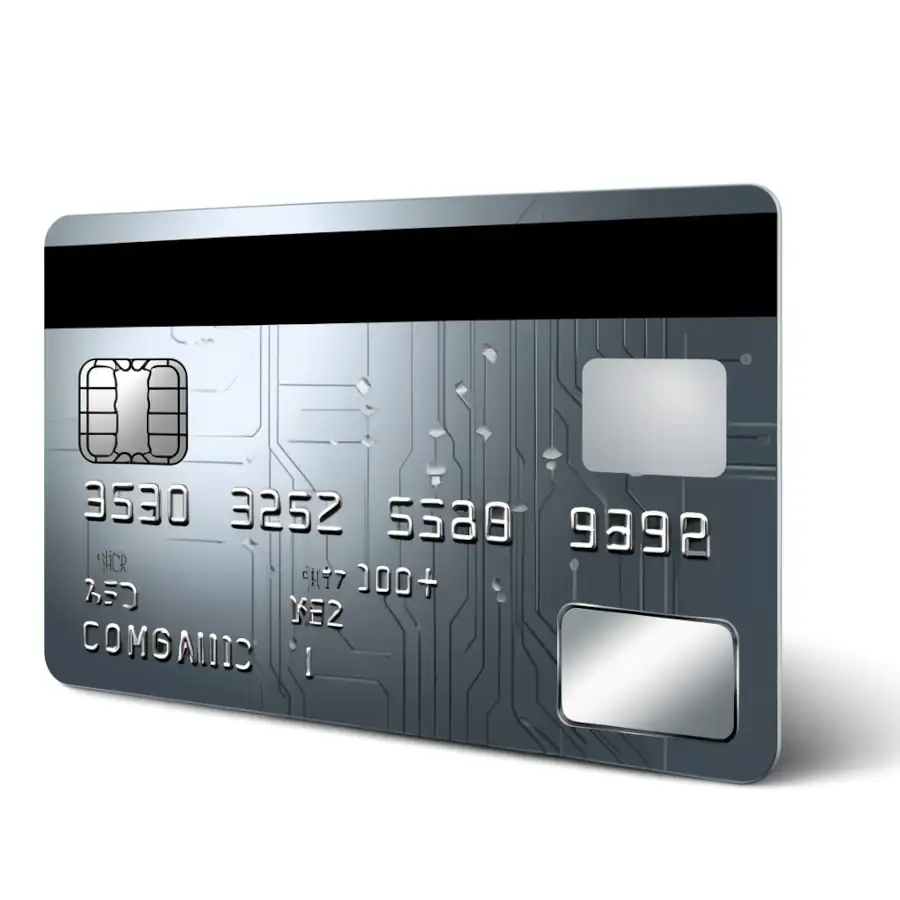
EMV Credit Card Transactions Explained
EMV stands for Europay, MasterCard, and Visa, the three companies that originally created the standard. It's a technology used for smart payment cards, like debit and credit cards, and the machines that accept them, such as point-of-sale terminals and ATMs. The main feature of EMV cards is a small, metallic square on the card, which is a microchip.
How Does EMV Technology Work?
EMV technology functions through a sophisticated interaction between a microchip embedded in the card and the payment terminal. When a chip card is inserted into a terminal, the chip generates a unique transaction code that cannot be used again, adding a layer of security against duplication and fraud. This differs from magnetic stripe cards that always transmit the same data, making them vulnerable to skimming and cloning. EMV transactions may require further verification, such as entering a PIN or providing a signature, to authenticate the identity of the cardholder. This combination of unique transaction data and cardholder verification provides a secure and reliable method for processing card payments.
Benefits of Implementing EMV Compliance
Adopting EMV compliance offers several advantages to business owners, including diminished incidences of payment fraud and enhanced transaction security. By upgrading to EMV technology, merchants can benefit from reduced liability for fraudulent transactions, as the responsibility often shifts to the party that has not adopted the EMV technology—typically the card issuer or bank. The improved security of EMV transactions helps to build consumer confidence, encouraging more secure spending behaviors and potentially increasing sales. Compliance with EMV standards also helps businesses avoid penalties and fines associated with failing to meet payment security regulations. Thus, EMV adoption not only protects the consumer but also supports the financial and operational stability of the business.
